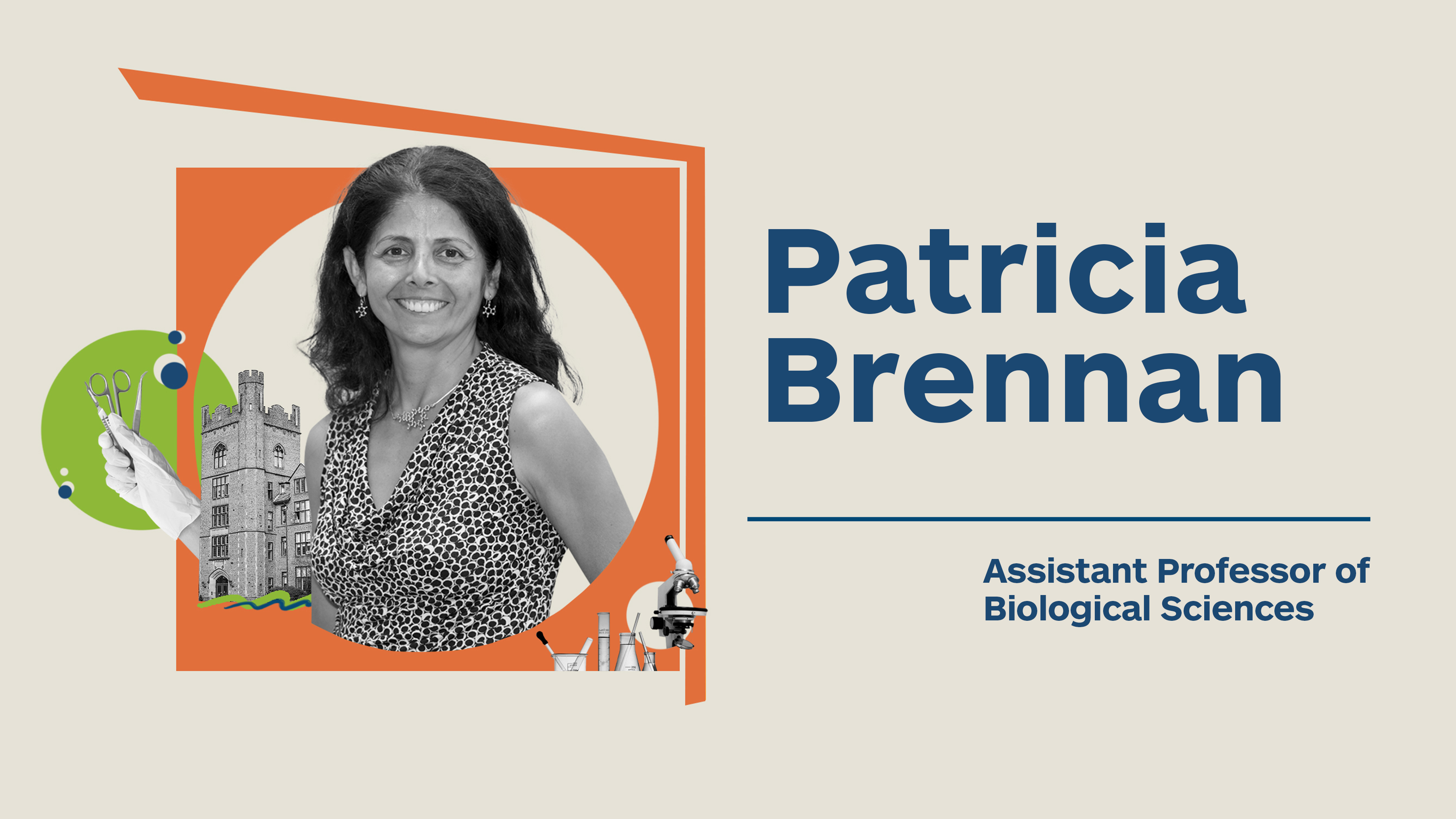
“Having students being able to stay here through the summer, being paid and having a stipend while they dive into the research for several weeks at a time, has made a big difference. They don’t have to worry about having to go and work somewhere else while doing research.”
Throughout the pandemic, Patricia Brennan had a novel experience with the U.S. Postal Service.
To compensate for the dearth of hands-on learning in her biology labs at Mount Holyoke College during COVID, Brennan decided that lessons in vertebrate anatomy were too dear to be learned by her students via web conferencing. So with caveats to keep them away from family dogs and cats, Brennan shipped rats and frogs to her students packaged with dissecting tools and clean-up supplies.
“The challenge for everyone was how to deliver a Mount Holyoke experience through a computer, when that [experience] has always been about personal connection with each other, and in particular with faculty,” says Brennan, who really missed the spontaneous connecting done at office drop-ins, to which she and her students had become accustomed.
Shipping specimens was one way to close the distance.
“While I was doing some of those traditional things for a lab class,” Brennan adds, “I also found 3D modeling software and online tools that I probably wouldn't have looked for if I wasn't forced to in this virtual environment.”
There’s nothing traditional about Brennan’s groundbreaking research on genital evolution in vertebrates, which the National Science Foundation has recognized and supported.
Coming to Mount Holyoke after working at R1 universities, Brennan says she was concerned about how much research she could continue to do, while striving to excel at her teaching duties. But she was pleasantly surprised to find her undergraduate students were enthusiastic and capable scientists, gathering and analyzing data, and preparing published manuscripts, allowing her to maintain a vibrant research program.
Donor funding of Mount Holyoke’s Lynk program makes that research possible, says Brennan.
“Having students being able to stay here through the summer, being paid and having a stipend while they dive into the research for several weeks at a time, has made a big difference. They don’t have to worry about having to go and work somewhere else while doing research.”


Explore the MHC Social Universe >